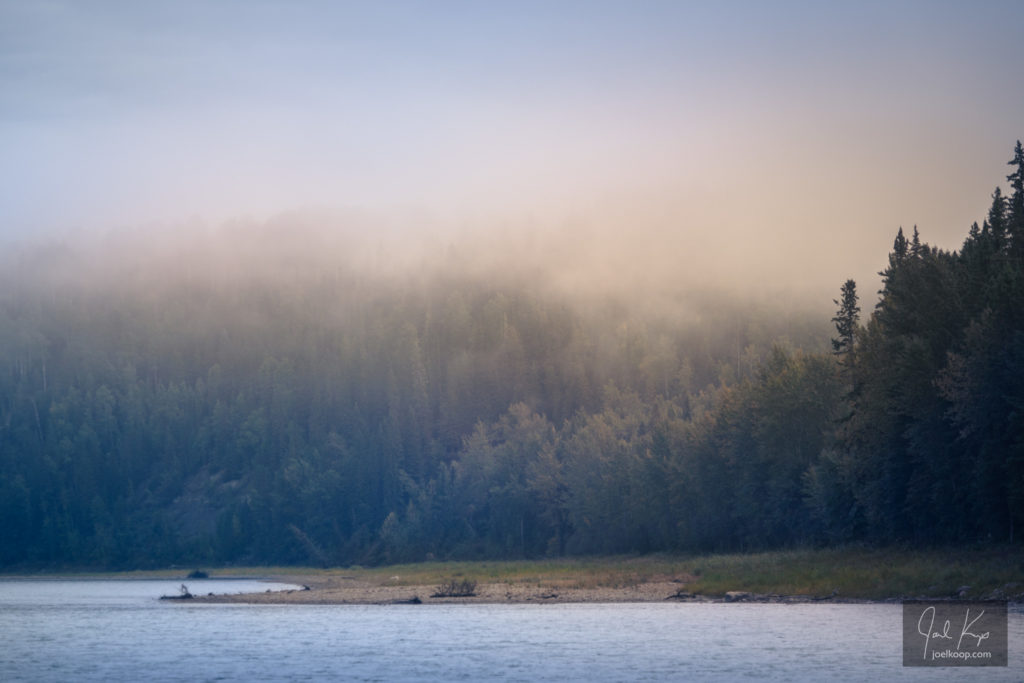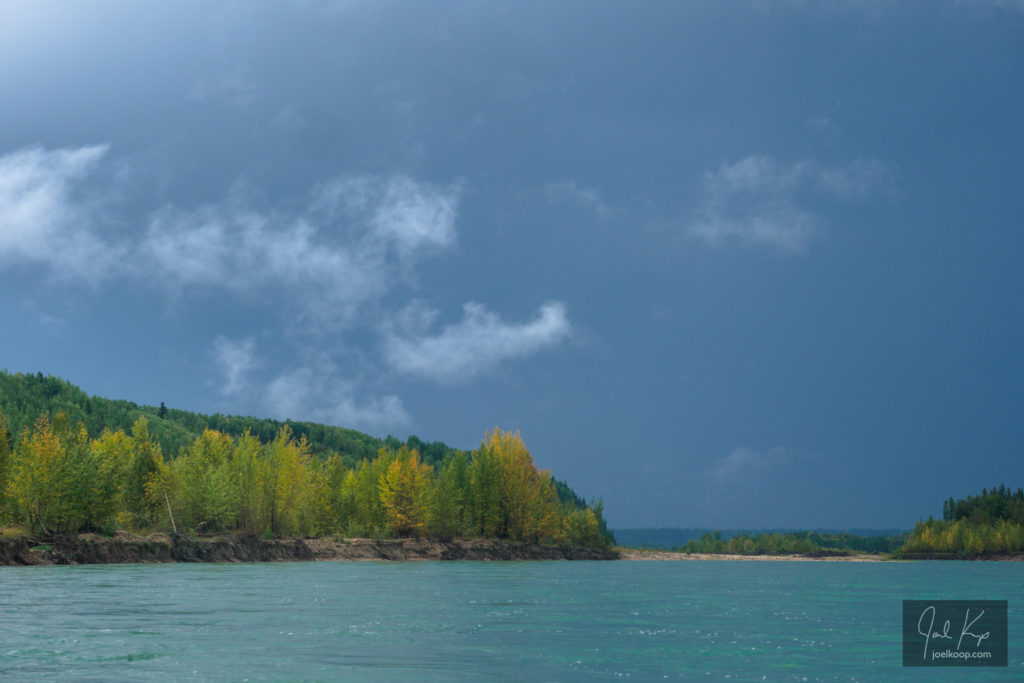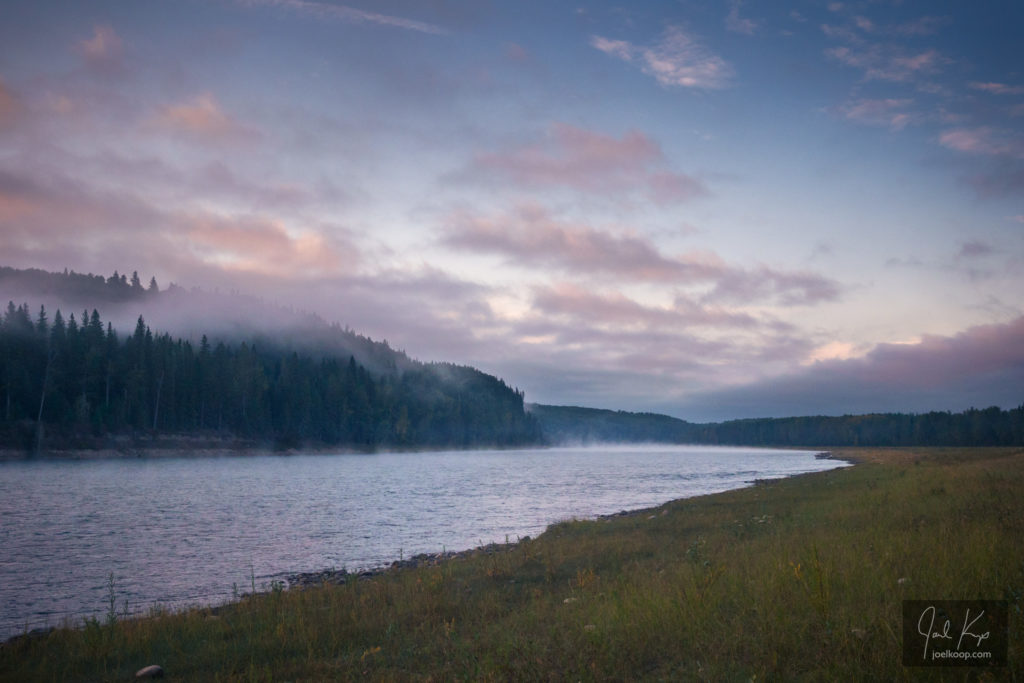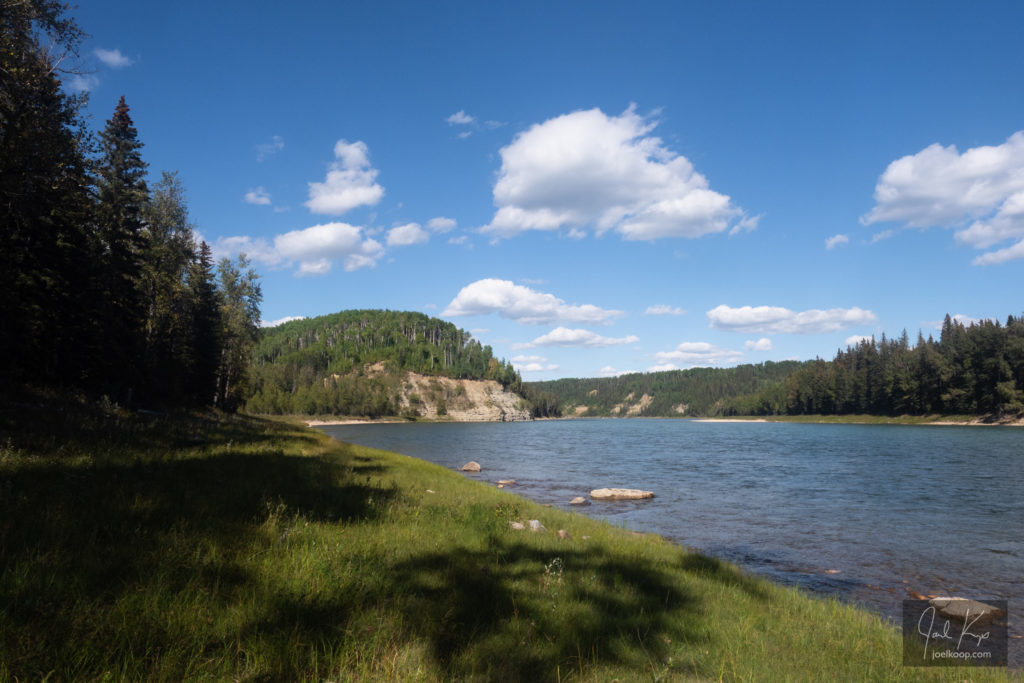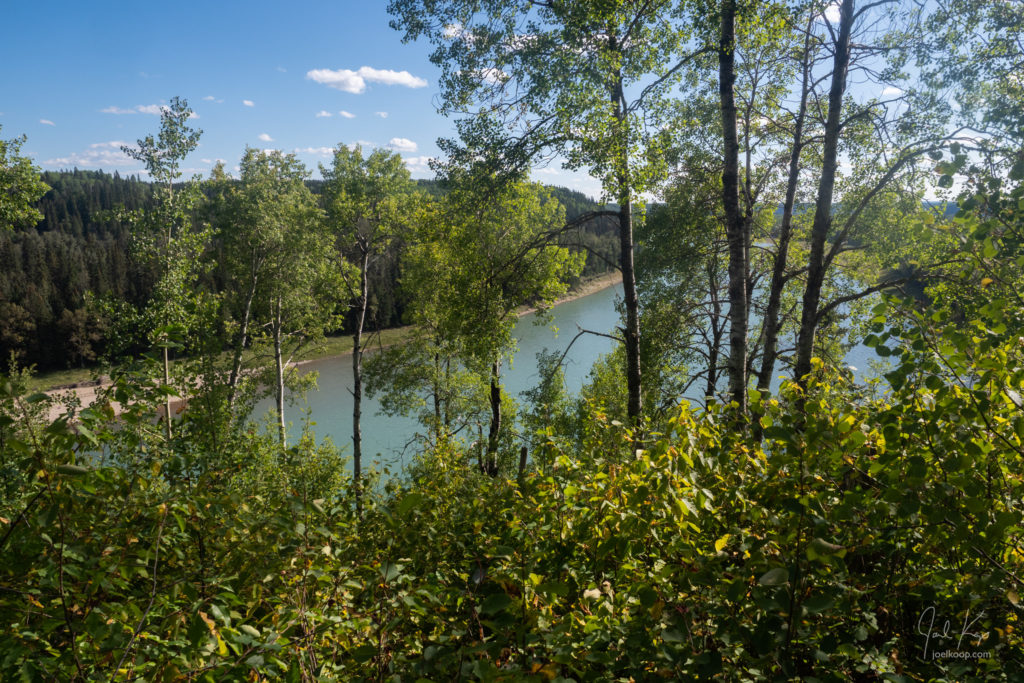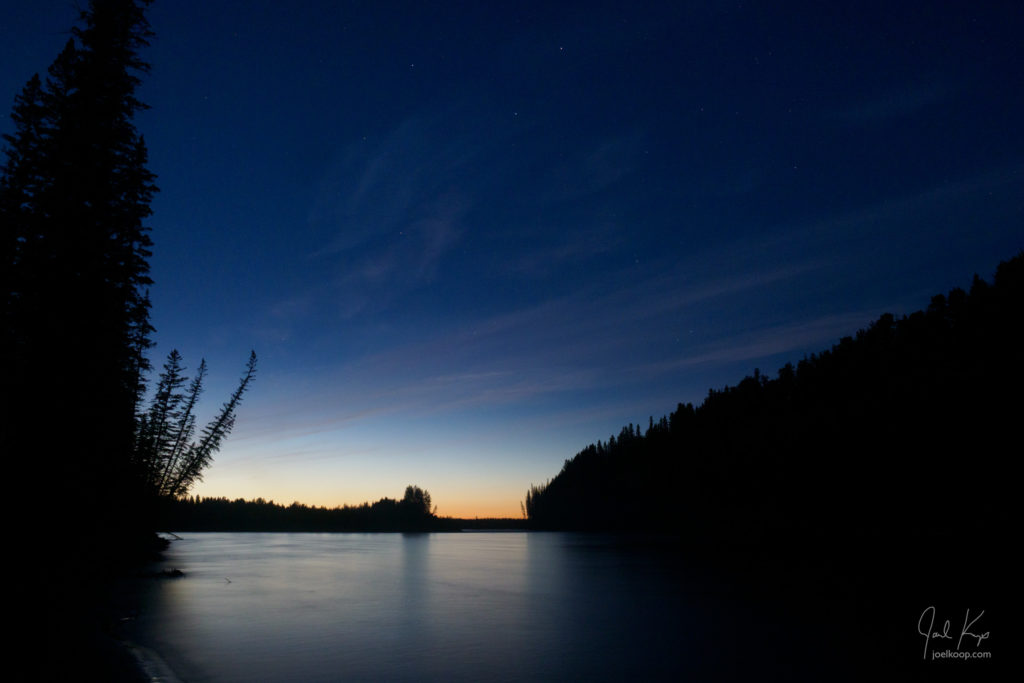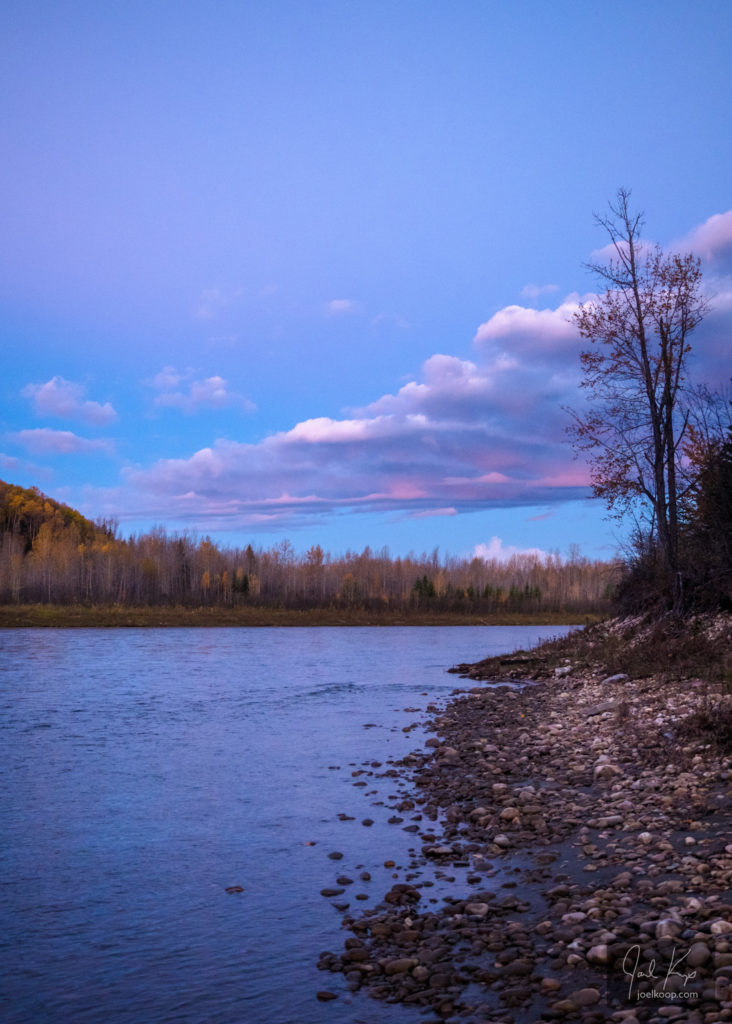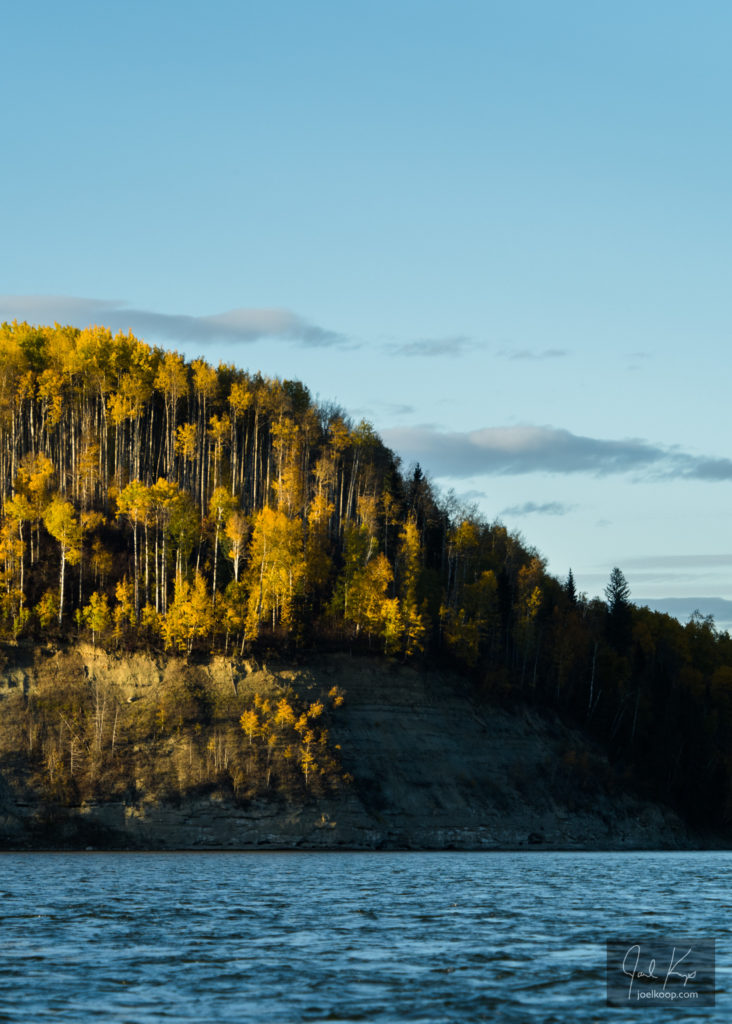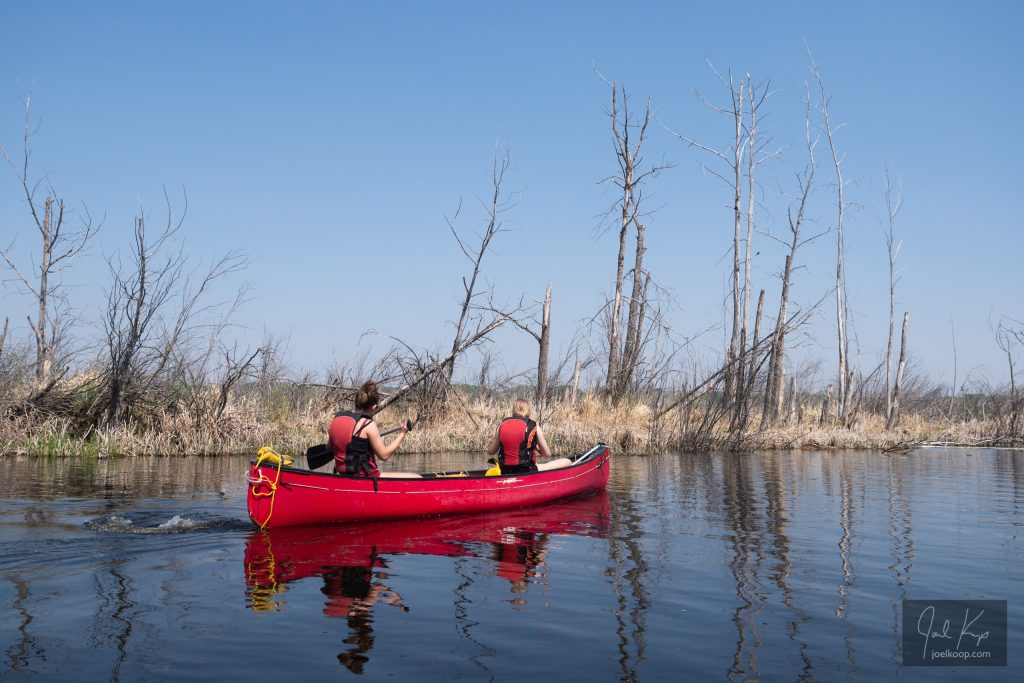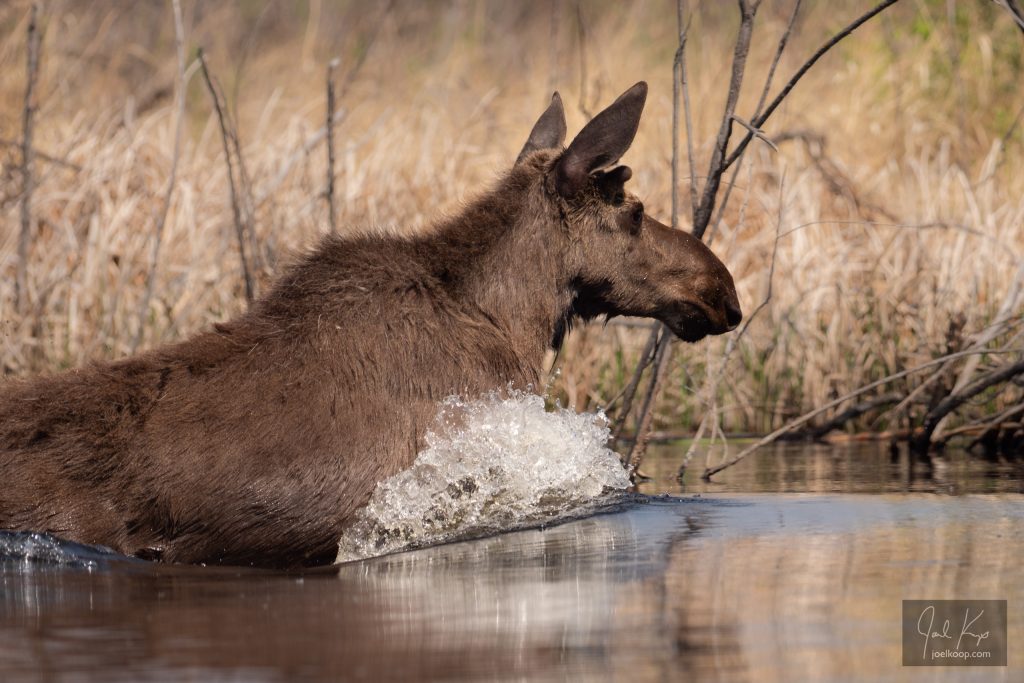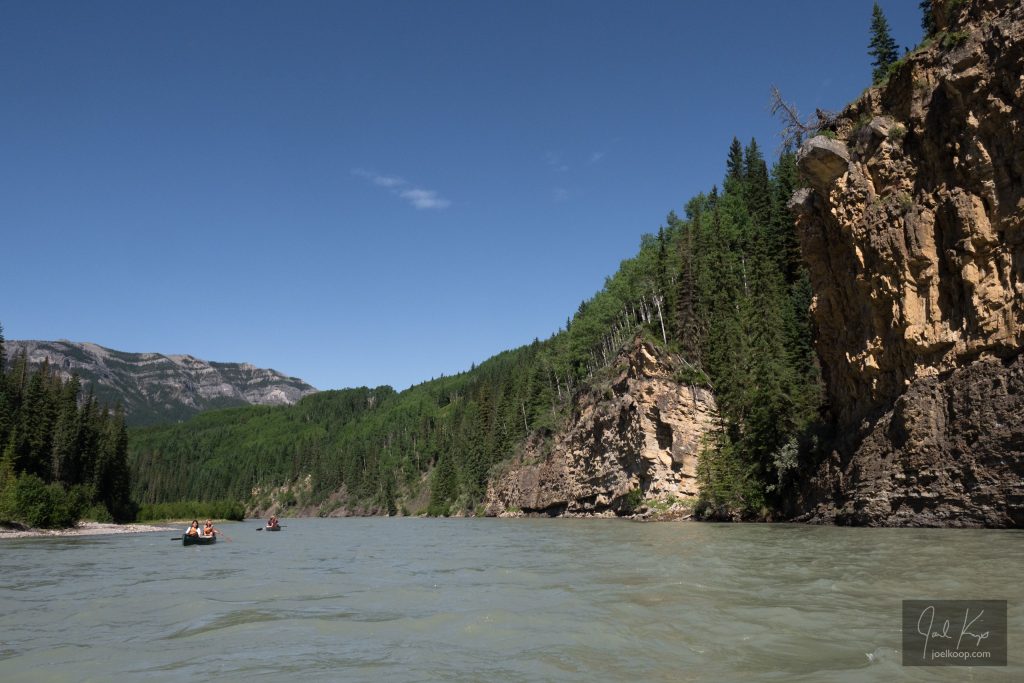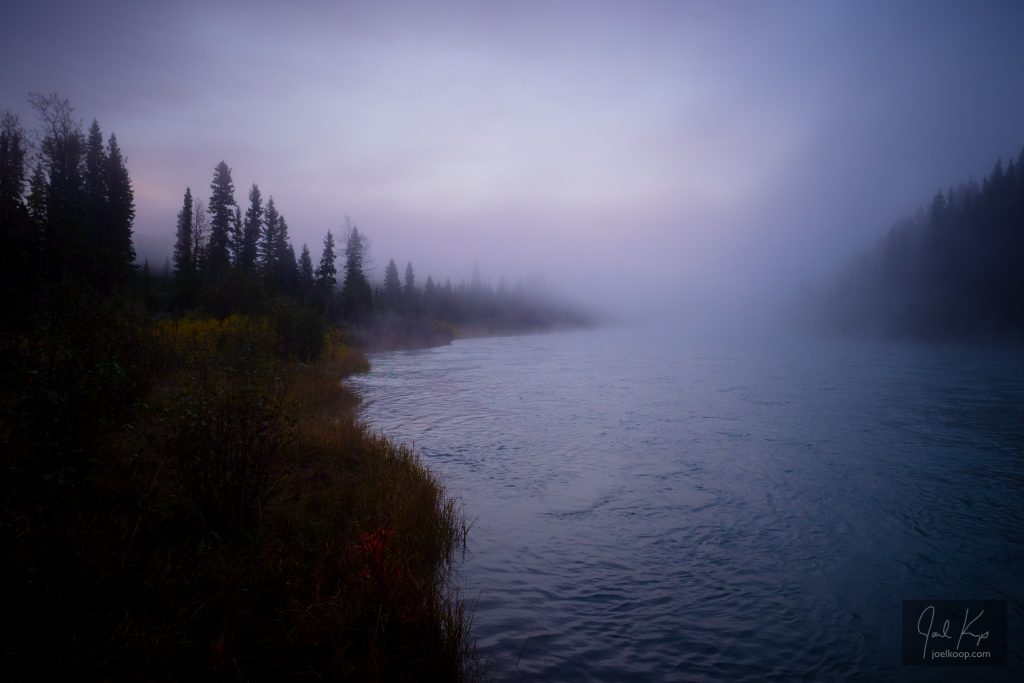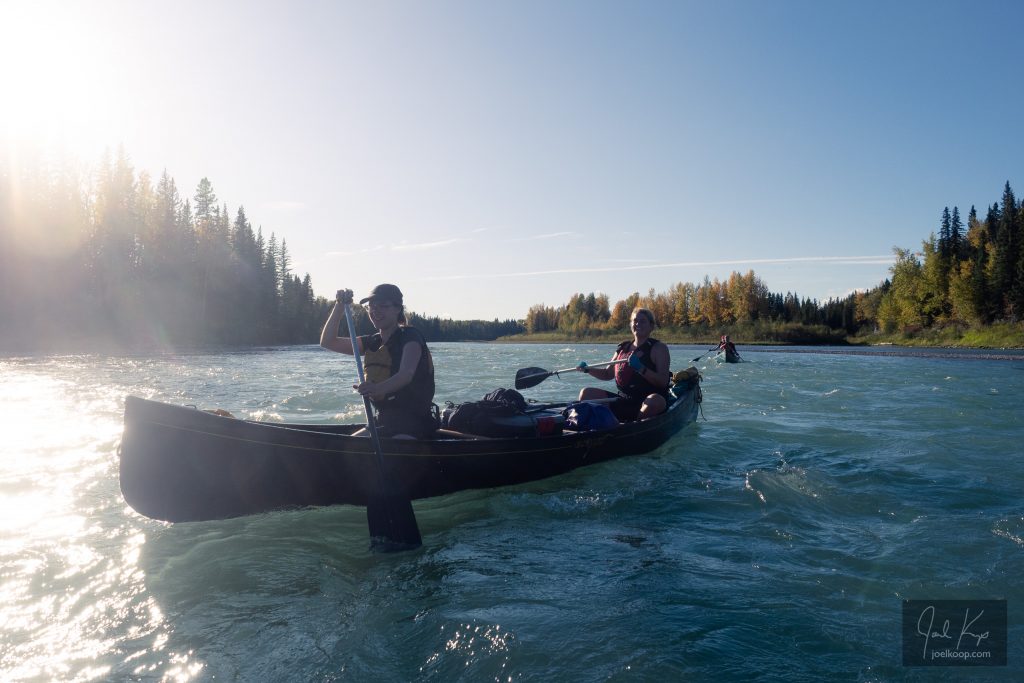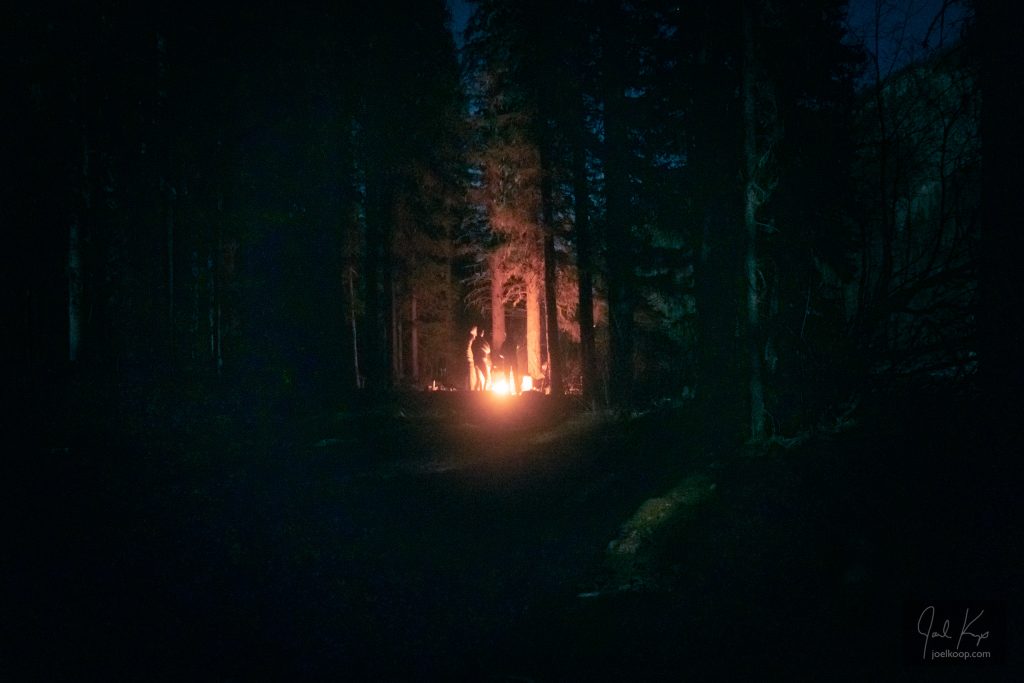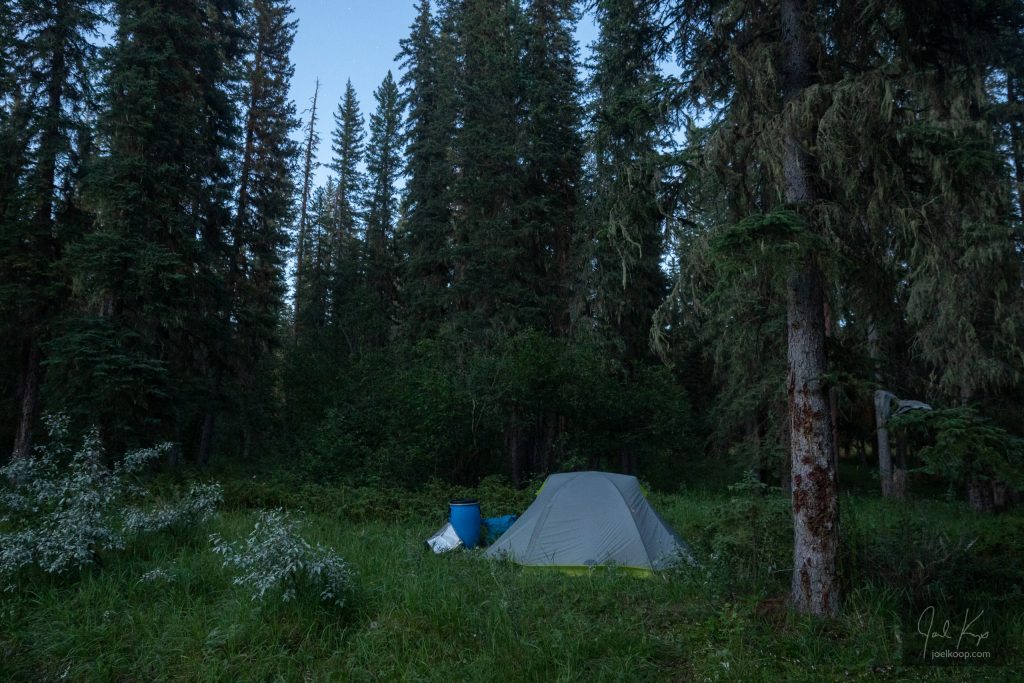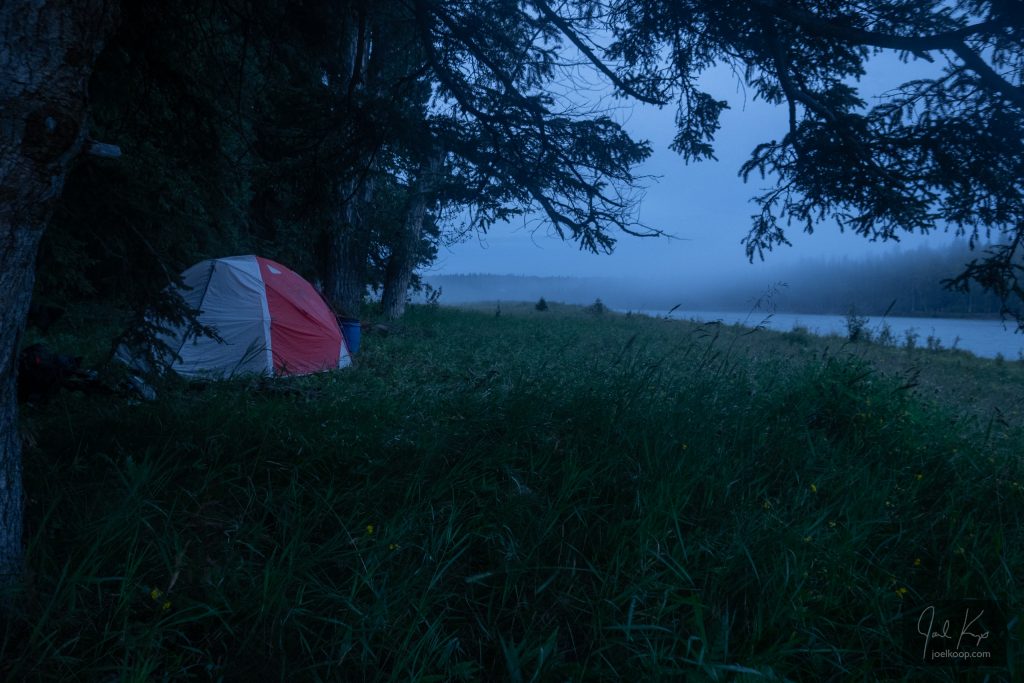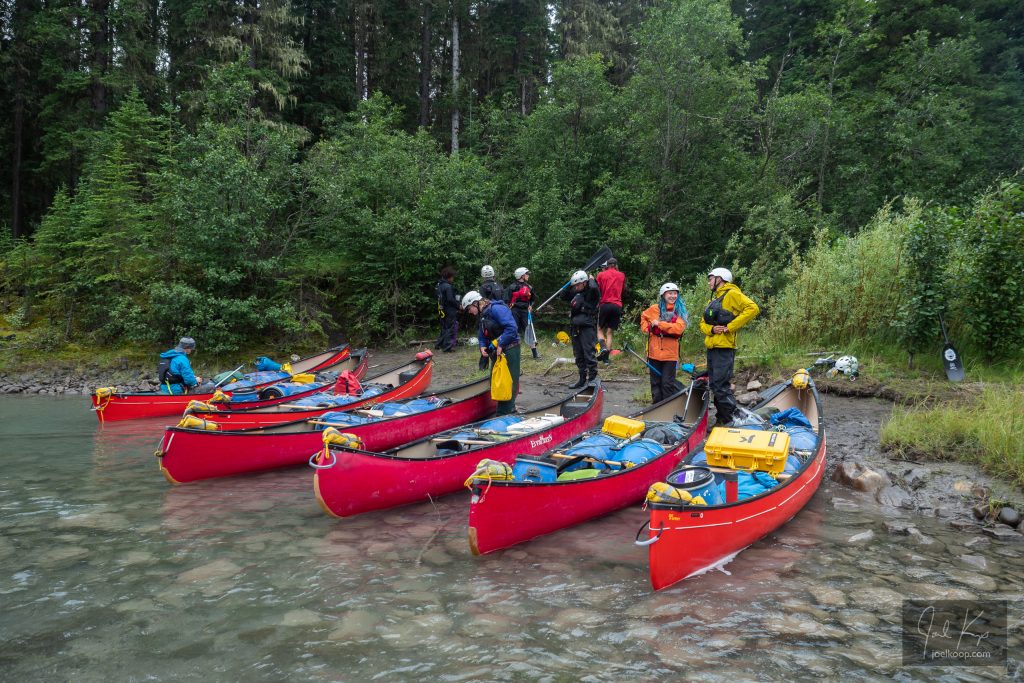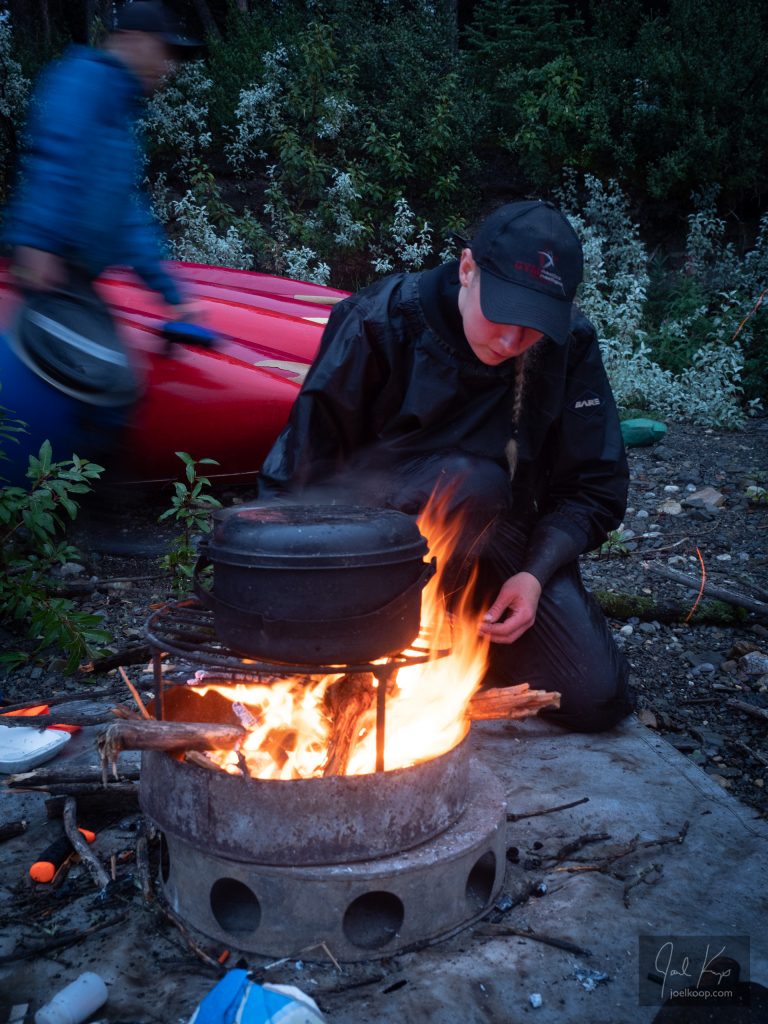The stretch of North Saskatchewan River between Rocky Mountain House and Drayton Valley is not spectacular. There are no mountains, no waterfalls, no deserts, no open vistas. It is a pretty standard river flowing through your average mixed boreal forest. I don’t know of any endangered species in the area. There is oil under the ground.
I first canoed this section of river in 2016, and I remember it being a peaceful and quiet trip. At one campsite we heard wolves howling nearby. This summer I led another trip down this section, and every day and every night we could hear the hum of oil wells and the rumble of trucks in the distance. There was no silence to be found. It was distressing to me and to the students on the trip – we didn’t get our peaceful experience of nature. It’s kind of selfish. I want peace and quiet, but Alberta workers need a livelyhood and the world needs oil and gas, especially with winter coming and the situation in Europe.
But it’s not just me that wants peace and quiet for a week on the river. There are many animals that call this place home. And home is getting stressful. Right now COP15, the UN Biodiversity Conference, is happening in Montreal. Wildlife populations worldwide have fallen 69% since 1970. That is terrifying. Is this encroachment of noise and development the cause? I don’t think we can draw a direct line – there are many things happening that affect the biosphere from climate change, to air pollution, to microplastics, and yes, noise pollution. But loss of habitat seems to be a primary driver of this decline and I can say for certain that the habitat around the North Saskatchewan River is less appealing to me than it was a short six years ago.
So how do we protect areas that are not spectacular? I can’t point to any reason that we should protect this area in particular. Except that I have been here and I love it. This place that started out as not very memorable has become special to me. My only hope for saving these wild or previously wild places is finding more people that find them special – people that value the things that we are losing. And people don’t value things they don’t experience in some way. So my small part in protecting these places is letting people experience them. And the more people that experience and value these things, the more chance we have of saving them. And maybe even go beyond saving to helping them. I want the future to be aspirational and not just trying to avoid one disaster after the next.
Here are a few more photos of this section of river. What’s your special place that is not spectacular?
